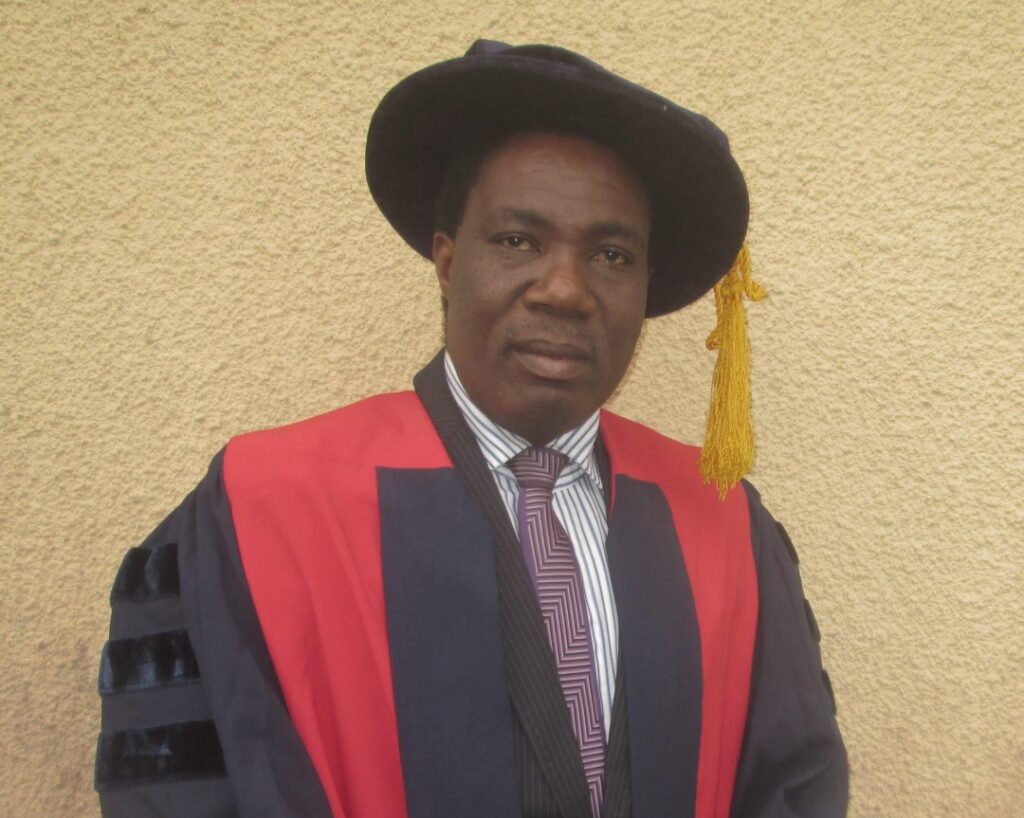Obafemi Awolowo University (OAU) is marking a significant academic milestone with the historic appointment of Professor Bayode Isaiah Popoola as the first substantive Vice-Chancellor of the newly transformed Adeyemi Federal University of Education (AFUED) in Ondo State.
Professor Popoola, a seasoned academic and renowned scholar in Educational Foundations and Counselling from the Faculty of Education at OAU, brings decades of impactful service, research excellence, and visionary leadership to his new role. His appointment is particularly significant as AFUED transitions from a College of Education into a full-fledged federal university.
READ ALSO: UPDATED: Results of Press Confrontational Debate For 2025 Great IFE Students’ Union Election
Professor Adebayo Simeon Bamire, the Vice-Chancellor of Obafemi Awolowo University, expressed profound pride and delight at the news of the appointment, stating: “We wholeheartedly congratulate Professor Popoola on this well-deserved appointment. His dedication to academic excellence and institutional development is undeniable, and we are confident that his tenure will bring significant progress to Adeyemi Federal University of Education.”
In an exclusive interview with the Association of Campus Journalists, Obafemi Awolowo University (ACJOAU), Professor Popoola shared his thoughts on his new role and vision for AFUED. “Naturally, I feel great. But beyond the excitement of being the first VC, it’s important to recognise that there are significant responsibilities ahead,” he said. “It’s a new university, and there’s a lot of work to be done. What matters now is to sit down and begin work almost immediately.”
Describing his appointment as a legacy opportunity, Professor Popoola acknowledged the weight of responsibility that comes with laying the foundation for a new institution: “Being a pioneering Vice-Chancellor is a significant challenge, but it’s also a chance to leave a lasting legacy. Whatever we do now will serve as a reference point in the future.”
READ ALSO: ACJOAU Members Elect New Executive Members
Highlighting the importance of institutional transition, Professor Popoola emphasised the need to cultivate a university culture within the new system: “The first major challenge is to help everyone understand the university culture. A university has traditions, ways of doing things, and a universality of knowledge that must be upheld.”
He envisions AFUED as a centre of excellence in teacher education, comparable to leading Nigerian universities known for their strengths in specific disciplines like medicine, pharmacy, and law. “When people think of producing excellent teachers, AFUED should come to mind,” he asserted. “That’s our goal is to prepare teachers who are professionally competent and globally relevant.”
Regarding his strategies for achieving academic excellence, Professor Popoola outlined several core plans:
Curriculum Review: “We will review and update the existing curriculum to align with 21st-century labour market demands. Many traditional teaching subjects are outdated.”
READ ALSO: Promises vs. Performance: Tracking the SU President, Dr Bush’s Success in Office
Staff Development & Research: “Staff members must be empowered to conduct groundbreaking research and make meaningful contributions across disciplines. We want our research to have a positive impact on the community and the nation.”
Community Engagement: “Universities are not solely for academics; they must also positively affect the surrounding communities—socially, politically, and economically. Our university will offer educational services that transform lives.”
Student Collaboration & Transparency: “No Vice-Chancellor can succeed alone; we must ensure that everyone, especially the students, is included. Transparency and inclusion will foster trust and peaceful administration.”
In a nod to collaboration, Professor Popoola revealed plans to partner with sister institutions like OAU to replicate successful structures. “We’ll learn from what works. If there’s no Campus Journalism organisation at AFUED, we’ll establish one. Our students and staff must learn from their OAU counterparts; that’s how we grow.”

